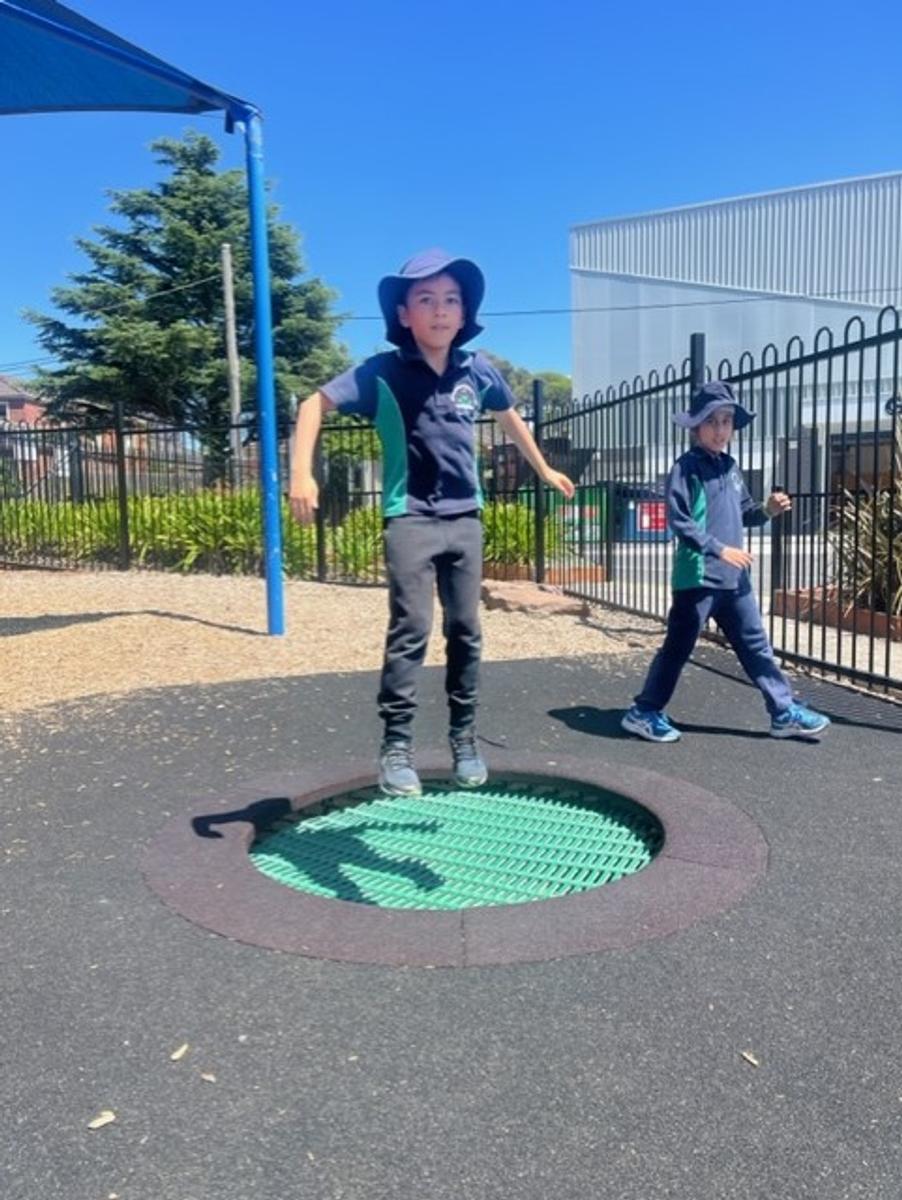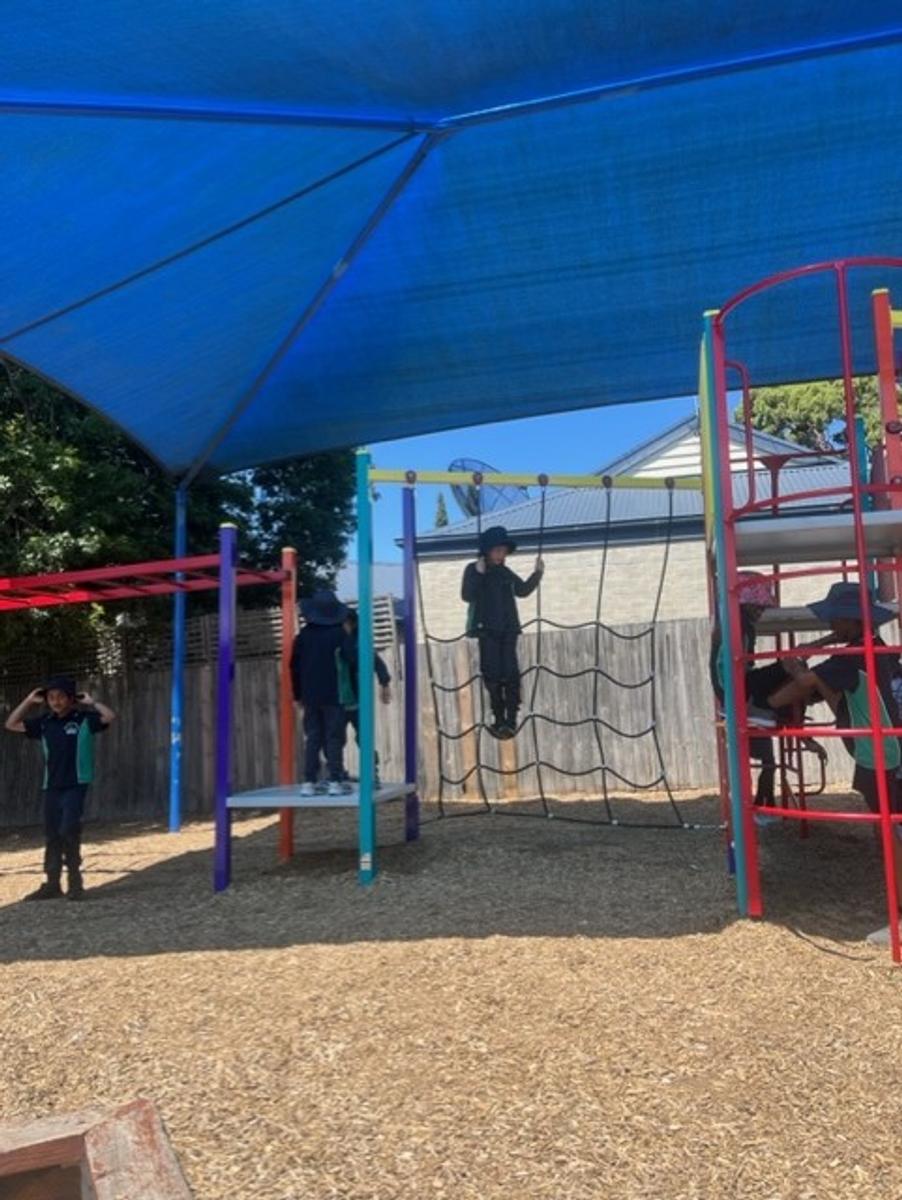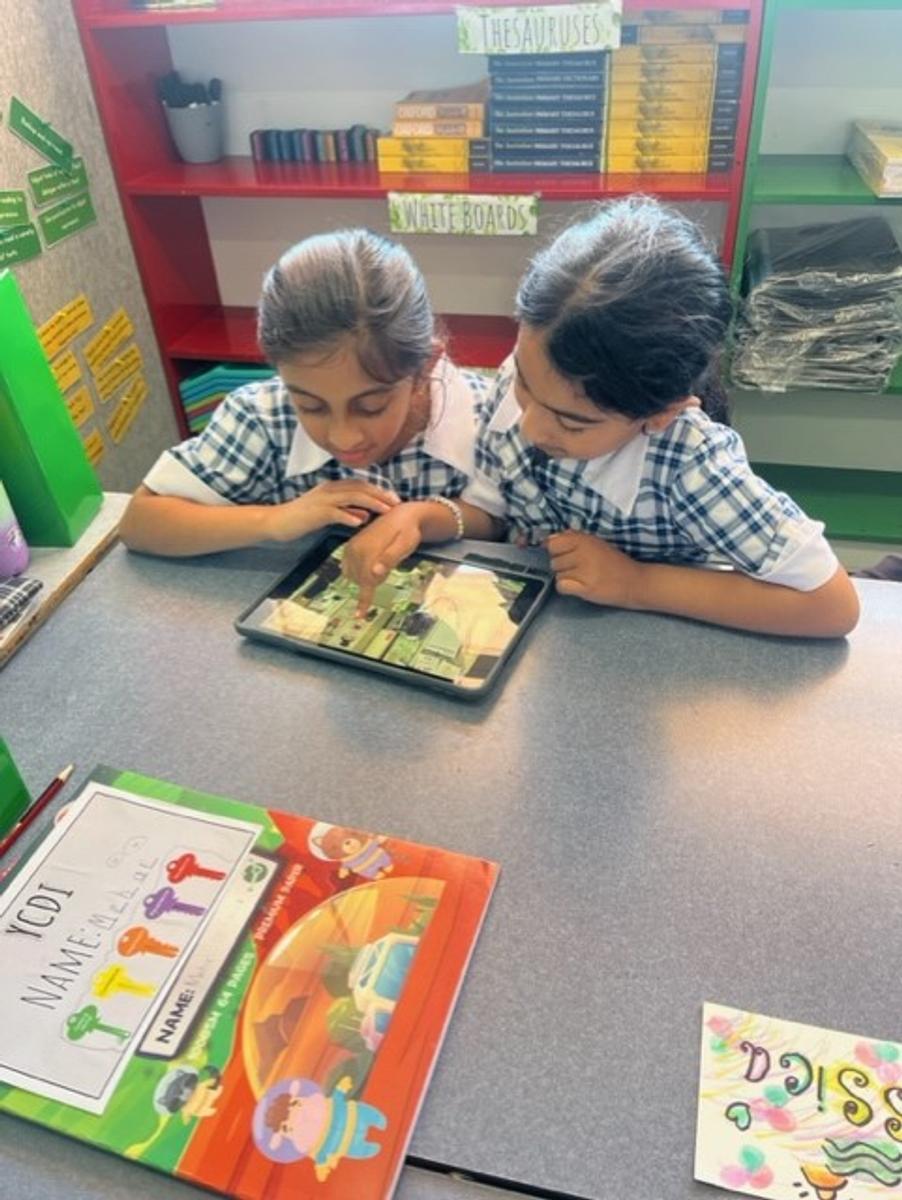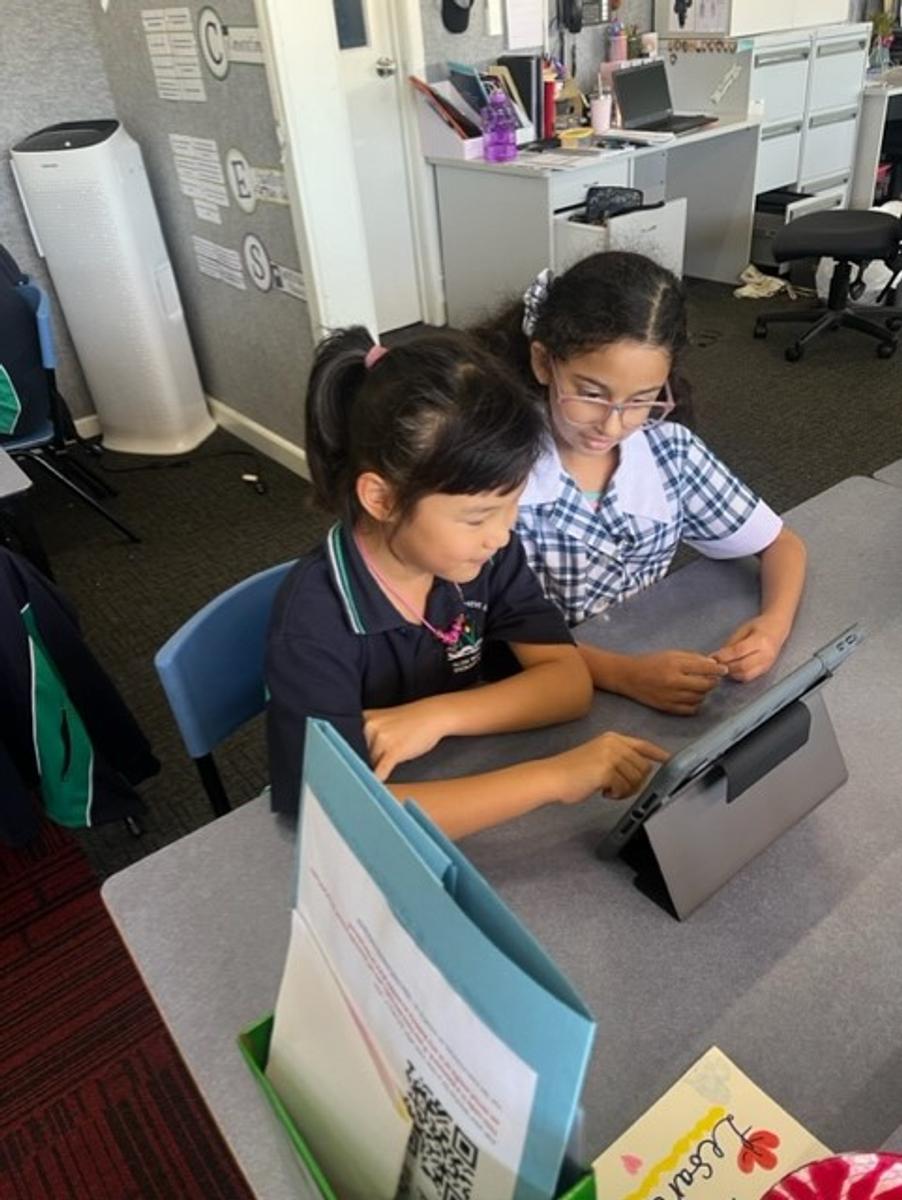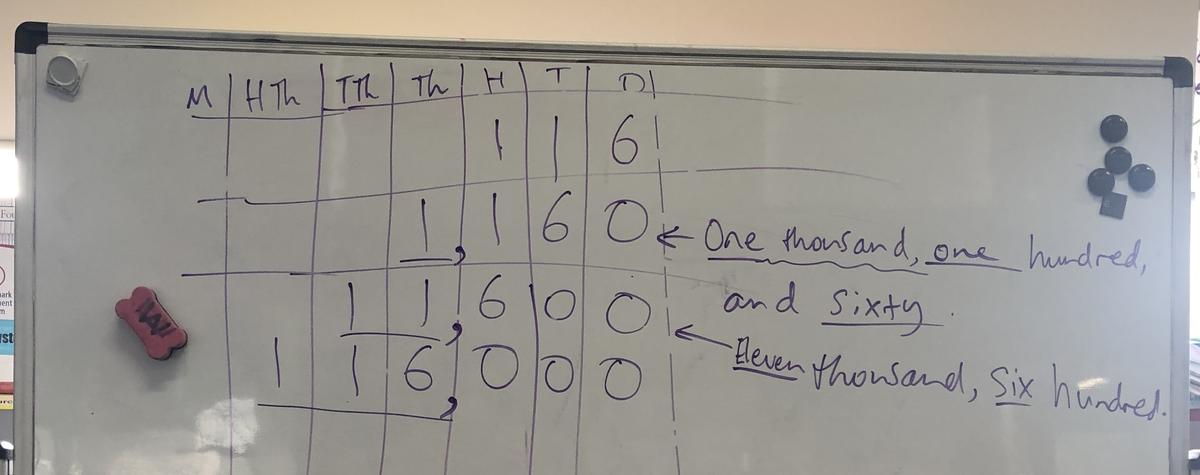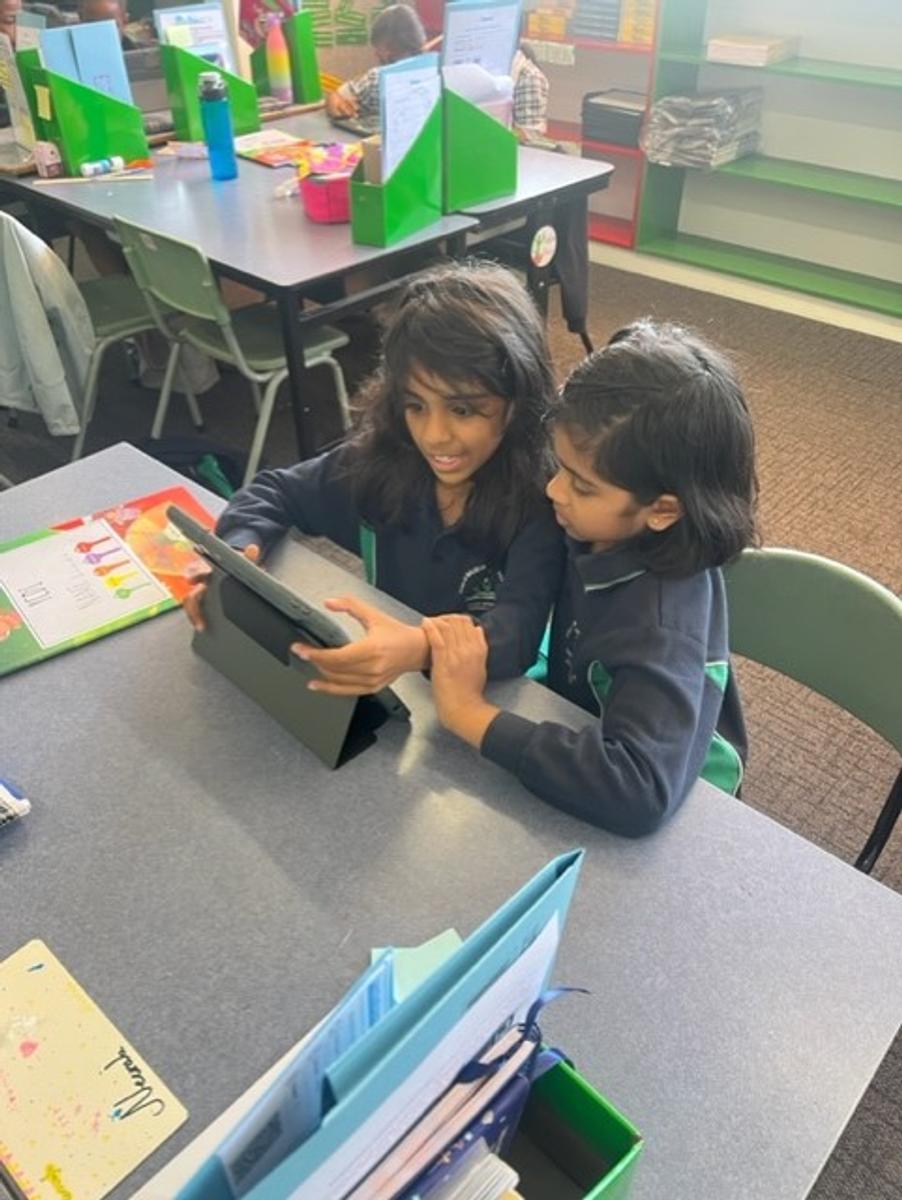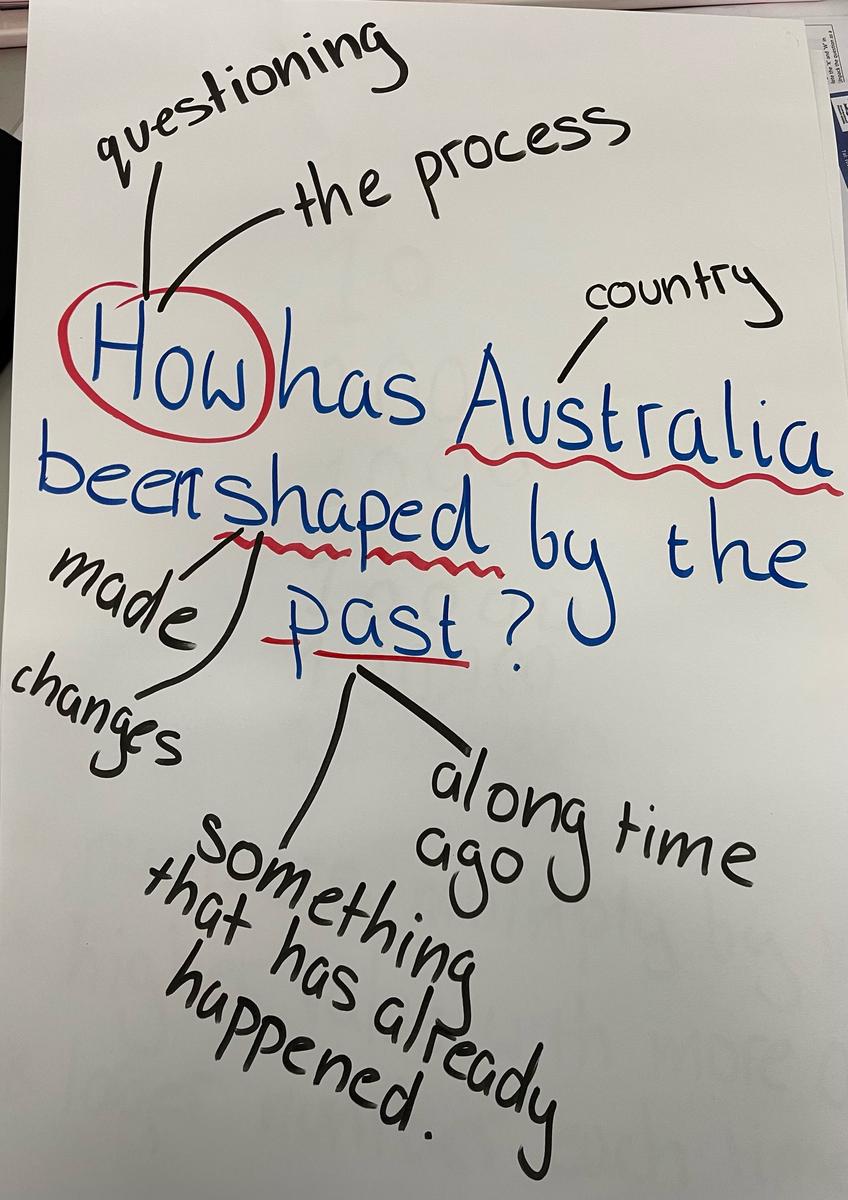Welcome
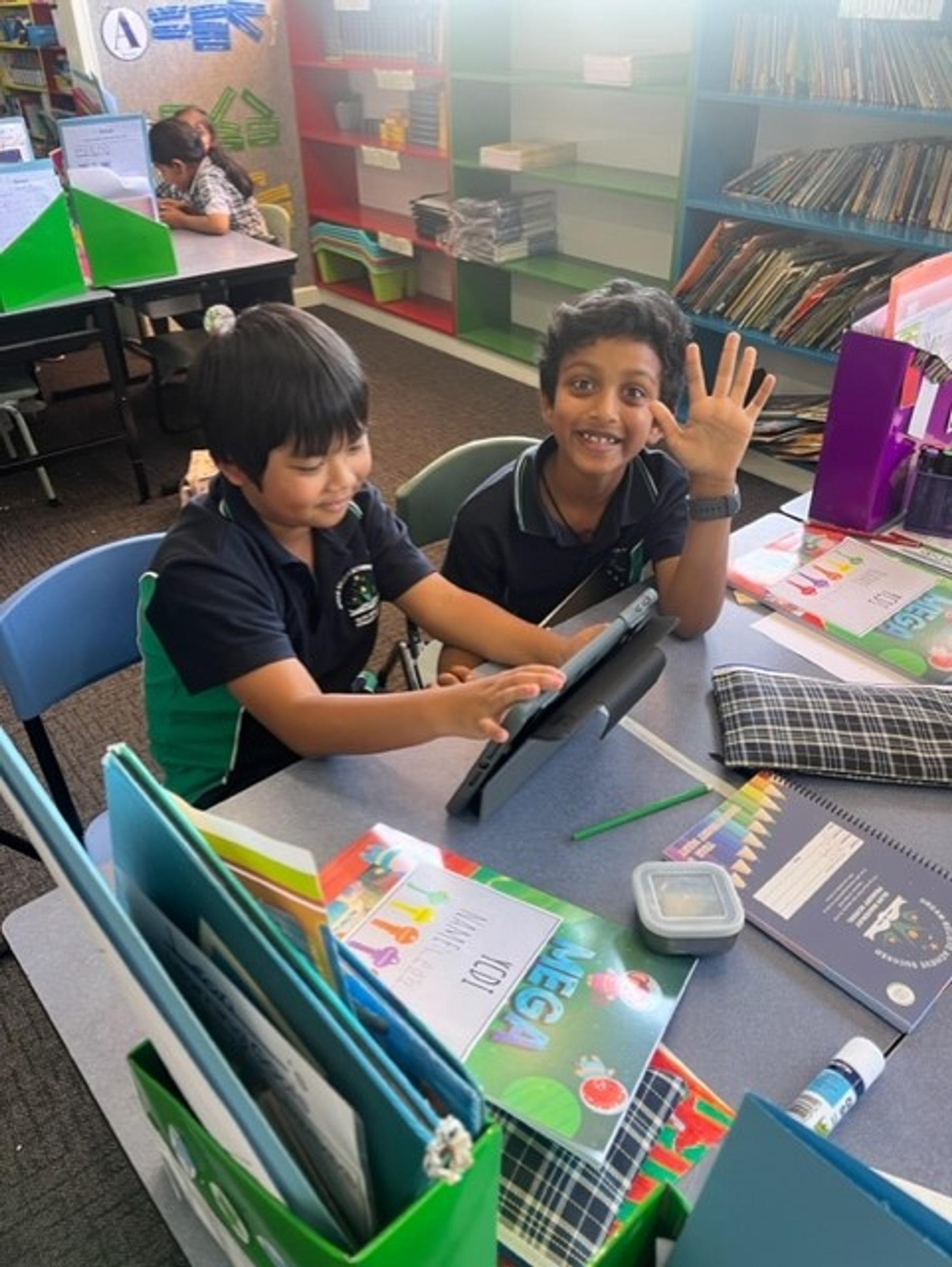
A very Happy New Year and welcome to the Level Three community for 2023! We would like to welcome existing families back to our school and extend a very warm welcome to the new families of the Glen Waverley Primary School community. It has been a brilliant start to the year with our students settling into their learning with commitment and enthusiasm. We trust that it is going to be a wonderful year ahead!
Establishing meaningful connections is something that we value greatly at Glen Waverley Primary School. We are really looking forward to getting to know our Level 3 families throughout the year and developing a partnership between both school and home. We cannot wait to work together to support the academic, social and emotional growth of your child/ren this year. Our classroom doors (and emails) are always open, so please do not hesitate to contact the Level 3 team if you have any questions or concerns.
The Level Three Teaching and Learning Team are:
Miss Stacey Cupo (3A, Teaching and Learning Leader)
Miss Blair Ippolito (3B, Assistant Teaching and Learning Leader)
Mrs Alicia Bird (3C)
Miss Jamie Dimopoulos (3D)
Mrs Shveta Mahajan (3E)
Miss Sarah Taroza (TSL – Targeted Student Learning)
Mr Ryo Sugihara (TSL – Targeted Student Learning)
Important dates
- Swimming – Tuesday 22nd - Wednesday 29th Febuary
- NAPLAN – Starting the week of 13th March (finalised dates to be confirmed)
- Twlight sports – Wednesday 5th April
- Getting To Know You Interviews - Tuesday 28th February and Wednesday 8th March
- Labour Day (Public Holiday) 13th March
- Curriculum day - Thursday 9th March
- School photos - 22nd March
- Final day of Term 1 – Thursday 6th April 2:30pm Dismissal.
Reading
In Term One, through the explicit teaching of the reading strategies of CAFÉ; Comprehension, Accuracy, Fluency and Expand Vocabulary, students will be focusing on various comprehension strategies such as using their prior knowledge to predict and connect with texts, recognising literacy elements (genre, plot, character, setting, problem/resolution and theme) and language features, to gain a deeper understanding of the texts they are reading. They will be analysing Narrative texts for how authors engage their audience with Sizzling Starts, Tightening Tensions, Dynamic Dialogue and Exciting Endings. Students will also be exploring Persuasive texts to discover how authors write convincing arguments in order to persuade the reader.
Writing/Spelling
Throughout Term One, students will explore a range of text types such as Narratives and Persuasives. They will deepen their understanding of the structure of both writing genres through the explicit teaching of VOICES: Voice, Organisation, Ideas, Conventions, Excellent Word Choice and Sentence Fluency. Throughout the term, we will explore how to transfer what we have learnt when analysing texts and implement writing techniques that engage the reader.
As part of the Whole School Approach to Spelling, the Level Three students will be encouraged to continuously expand their vocabulary through the Spelling Inquiry Model. A typical Spelling Inquiry session will see students investigate the meaning and the etymology of their chosen word as well as develop a rich understanding of other important elements relevant to their spelling words.
To support your child’s Literacy learning at home, we encourage the following:
• Read with your child each night. Ask them questions to check their comprehension such as, “What was the problem in the story?” “How do you think the character was feeling?” “How did the story end?”
• Create a reflective journal to write for an authentic purpose.
• Encourage students to plan their writing through drawing pictures and using adjectives to deepen descriptive writing.
• Help your child with practicing their spelling words.
Mathematics
In Term One, the Level Three students will continue to extend their understanding of the four proficiencies of Mathematics; Problem-Solving, Understanding, Reasoning and Fluency and how to apply these strategies within their learning. We will start our term with students investigating data representation by surveying their classmates and using this information to create and interpret graphs. Then they will, begin exploring the concept of Place Value in order to deepen their understanding of the value of a number. The concept of Place value is essential for mathematical learning and acts as the foundation for many other strands of Mathematics. They will then explore the concept of addition and subtraction; our learners will then make connections between the two concepts and develop increasingly efficient mental strategies to solve problems. This term, students will investigate multiple strategies to solve problems focusing on developing their understanding and reasoning skills.
To support your child’s Mathamatics learning at home, you could:
- Ask your child what their current SURF goal is. What have been their successes and challenges? What is their ‘next step’?
- Encourage them to engage in everyday mathematical activities with the family (such as measuring in cooking, adding up while shopping, telling the time).
- Ensure your child completes their Mathematics Home Learning weekly.
Inquiry
During this term, learners will be investigating the question, “How has Australia been shaped by the past?” Looking through the lens of History and Personal and Social Capabilities, learners will explore the history and meaning of past events within Australia and how Australia has changed over time. Some of the past events of Australia that they will learn about include Australia Day, ANZAC Day, Harmony Week, National Reconciliation Week, NAIDOC week and National Sorry Day and settlement. A key element of our inquiry will also involve transferring and thinking deeply about our Global Goal 10 of ‘Reduced Inequalities’.
To support your child at home, you may find the following tasks helpful:
- Discuss what you know about the history of Australia.
- Share your experiences as an adult living in Australia.
- Talk about the history and events of other countries and how they have shaped their culture.
- Analyse different social situations and discuss what they could do to discuss inequality.
YCDI
In Term One, students will harness the power of the YCDI Keys to Success to learn a variety of Social and Emotional skills, as well as the School’s Guiding Statements. Students will primarily learn through real-life scenarios and create role plays that demonstrate positive social skills. Our focus for Term One will be on the formation of new friendships and a positive learning environment. Through this, students will understand how to maintain a healthy friendship with their peers and positive classroom setting where they feel safe to ask questions and takes risks in their learning. This in turn will encourage them to reflect on the choices they make during learning time, as well as social situations involving friendships.
To support your child at home, you may find the following tasks helpful:
- Encourage your child to demonstrate the 5 Keys to Success. (Persistence, Getting Along, Organisation, Confidence, Resilience)
- Discuss why the values of Respect, Integrity, Initiative and Global Empathy are important in everyday life.
- Ask questions about new friendships they have formed throughout the term.



